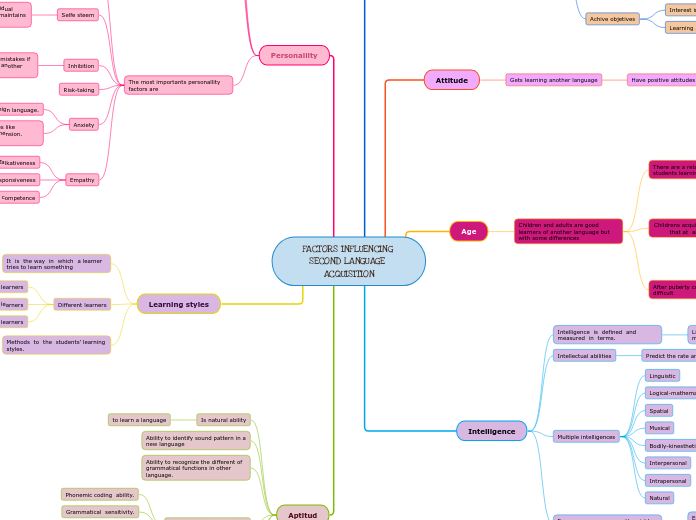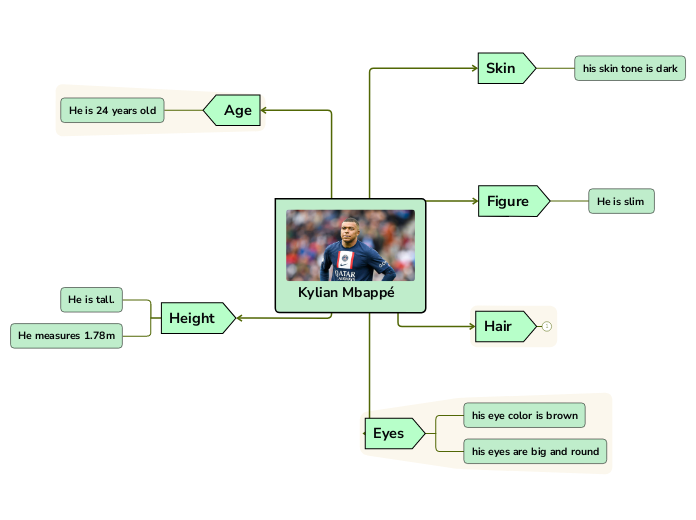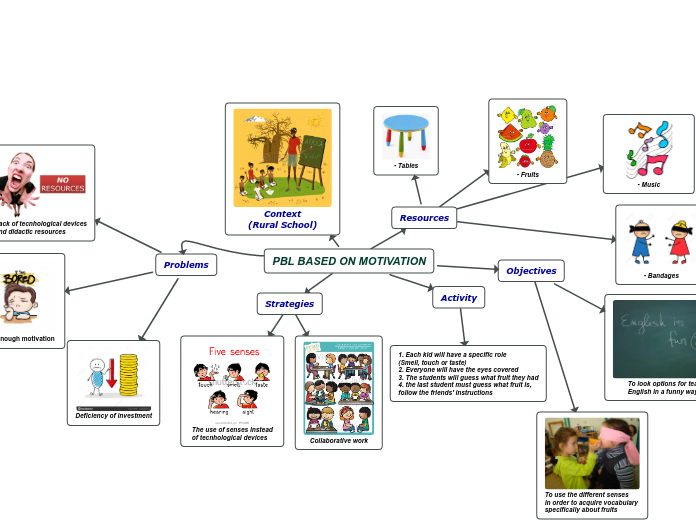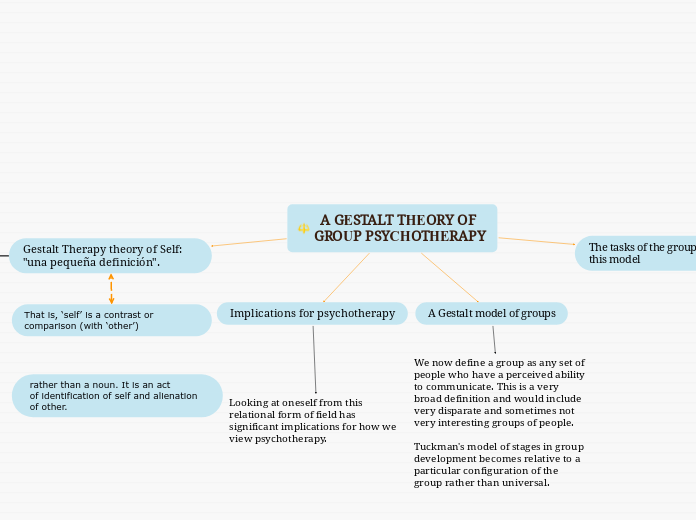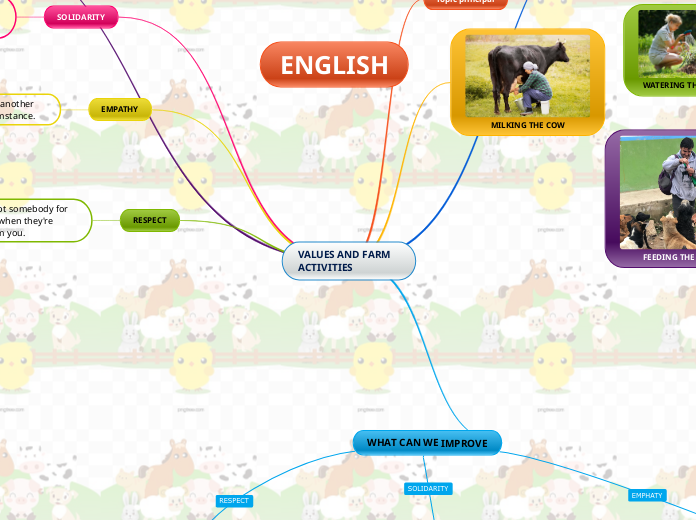By: Yesica Alejadra Santos Castro
References:
Kim, K. H. S., Relkin, N. R., Lee, K. M., & Hirsch, J. (1997). Distinct cortical areas associated with native and second languages. Nature, 388, 171–174.CrossRefGoogle ScholarPubMed
Khasinah, S. (2014). Factors influencing second language acquisition. Englisia: Journal of Language, Education, and Humanities, 1(2).
FACTORS INFLUENCING SECOND LANGUAGE ACQUISITION
Aptitud
Aptitude can learn more quickly and easily than that of low language aptitude.
It is necessary to improve and develop new aptitude tests
Factors in a languge aptitud
Rote learning ability.
Inductive language learning ability
Grammatical sensitivity.
Phonemic coding ability.
Ability to recognize the different of grammatical functions in other language.
Ability to identify sound pattern in a new language
Is natural ability
to learn a language
Learning styles
Methods to the students’ learning styles.
Different learners
Visual learners
Kinesthetic learners
Audio learners
It is the way in which a learner tries to learn something
Personallity
The most importants personallity factors are
Empathy
Comunicative competence
Responsiveness
Talkativeness
Anxiety
It affects some abilities like communication apprehension. learning, etc.
learning a foreign language.
Risk-taking
Inhibition
It is necessary to make mistakes if a person wants to learn another language.
Selfe steem
Evaluation which the individual makes and customarily maintains with regard to himself.
Classroom interactions have a great influence.
Individual believes himself to be capable.
Approval or disapproval attitude
Introversion/extroversion
Create the accurate atmosphere
for learning.
Affective states
Cognitive abilities
Intelligence
Every person possesses the eight intelligences
Each one evolve in-dependently at different times and to different degrees.
Multiple intelligences
Natural
Intrapersonal
Interpersonal
Bodily-kinesthetic
Musical
Spatial
Logical-mathematical
Linguistic
Intellectual abilities
Predict the rate and success of SLA
Intelligence is defined and measured in terms.
Linguistic and logical-mathematical abilities
Age
Children and adults are good learners of another language but with some differences
After puberty could be more difficult
Adults learn better rules and systems
They are good in acquisiton of grammar
Childrens acquire more easily than that at any other time.
They are also better in the acquisition of grammar
Children achieve a more native-like accen
Biological development
There are a relaction between students learning and age.
Language depends on the situation of the individual learner
Children are more motivated
Attitude
Gets learning another language
Have positive attitudes
Languages and language learning in general.
Learning and language concerned
Community and people who speak
anther language.
Motivation
The most important factor
Achive objetives
Learning according to the wishes
Interest in other cultures
Integrative motivation
To pass a test
Speak with another person
To get a better job
Let establish over goals
Leads to greater success
It's determinant in the person's decisions
